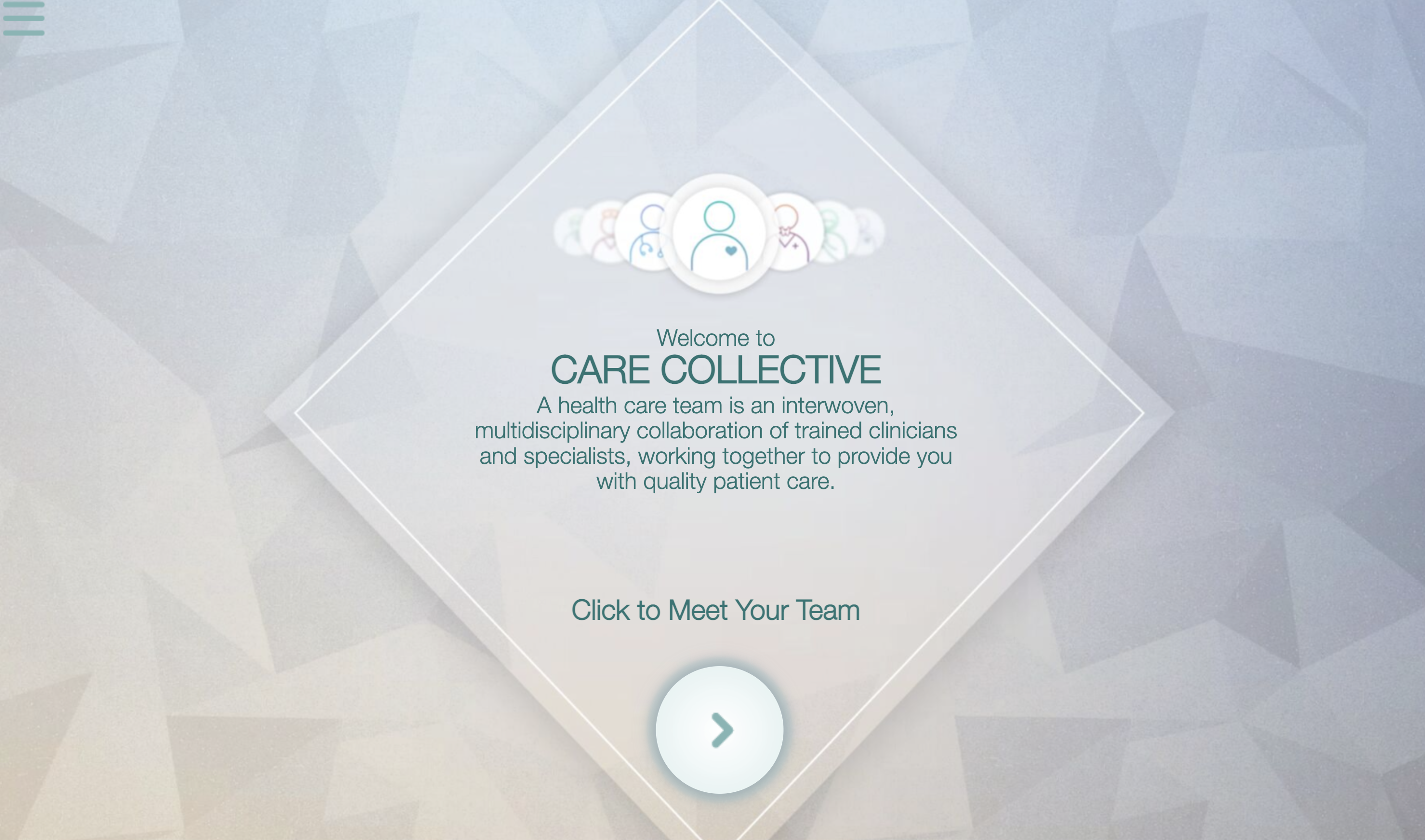Cardiovascular disease is the leading cause of death among people with type 2 diabetes. Also called heart disease, cardiovascular disease refers to several conditions that affect the system that circulates blood through the body, supplying the body’s many systems with oxygen and nutrients.
Having type 2 diabetes significantly increases a person’s risk of having cardiovascular disease. People with type 2 diabetes are at a greater risk for developing cardiovascular disease—and at a greater risk of developing these conditions at younger ages. Cardiovascular disease that occurs in people with diabetes is sometimes referred to as diabetic heart disease.
While type 2 diabetes is the focus of this article, it’s important to mention that people with type 1 diabetes are at a much greater risk of cardiovascular disease as well.
Diabetes and the cardiovascular system
High blood glucose levels can cause damage to both large and small blood vessels throughout the body. People with diabetes are also at an increased risk for elevated cholesterol, elevated triglycerides, and elevated blood pressure, which also contribute to cardiovascular disease.
Many types of cardiovascular disease are the result of arterial plaque, a substance made up of fats, cholesterol and calcium that accumulates in the arteries and causes them to narrow and stiffen. This condition is called atherosclerosis. High blood glucose levels can also damage the nerves that regulate things like heart rate and blood pressure.
Types of heart disease
Examples of cardiovascular disease that are common in people who have diabetes:
- Coronary artery disease. Coronary artery disease (CAD) is a narrowing and stiffening of the arteries around the heart. This means that less blood (and as a result, less oxygen and fewer nutrients) are reaching the heart. This interferes with the heart’s ability to function normally, and can cause chest pain, shortness of breath, and heart attack.
- Peripheral artery disease. There is also peripheral artery disease (PAD), which affects the arteries in the legs and arms (but most often in the legs). PAD can cause problems with mobility, severe pain, and sores and injuries that don’t heal, among other complications. PAD may require amputation of the lower limb. Having PAD greatly increases a person’s risk for stroke.
- Cardiomyopathy. Cardiomyopathy refers to disease and damage of the heart muscle. This can include thickening of the heart muscle (hypertrophy), structural changes to the heart’s chambers, or the formation of scar tissue. These changes interfere with the normal functioning of the heart and can lead to heart failure.
- Heart failure. Heart failure occurs when the heart can no longer pump enough blood to supply the body with adequate amounts of oxygen. This can occur when the heart muscles weaken or if the chambers of the heart cannot properly fill with blood.
Keep your heart healthy
If you have type 2 diabetes, there is a lot that you can do to protect your heart from these potential complications. It’s important to work with your healthcare provider to keep your numbers at goal. This includes your daily blood glucose levels, A1C, blood pressure, and cholesterol. It also includes any other metrics that your healthcare provider determines are important to your diabetes management, such as body weight.
In addition to taking the medications that are prescribed by your healthcare provider, remember that a type 2 diabetes plan must incorporate regular physical exercise as well as a healthy eating plan.






